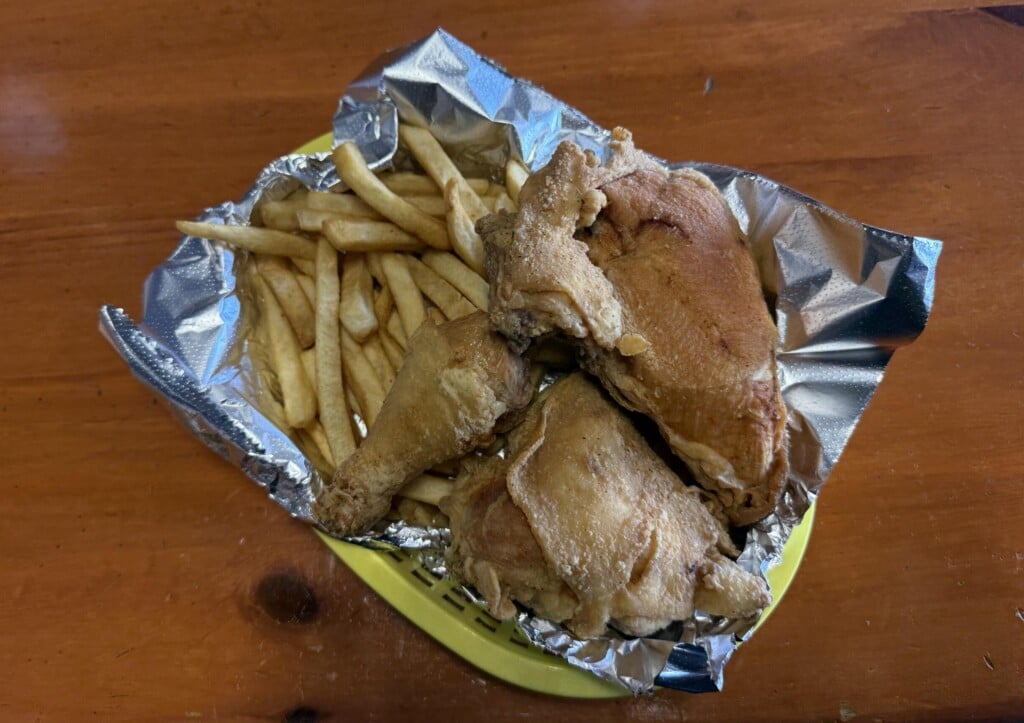Red-Letter Days
LaDonna Harris will never forget that day in 1970, when Congress returned Blue Lake to the Indians. “Here were all of these ancient Taos people in the balcony of Congress. We broke protocol and we all cheered.”
For 75 years, the people of New Mexico’s Taos Pueblo had worked for the return of the sacred water. “So,” Harris says, “those are the things you remember.”
Harris will relive lots of memories this Friday and Saturday at the Red Power and Tribal Politics conference at the University of Kansas. The event brings together some of the most notable figures of the ’60s and ’70s: Dennis Banks and Clyde Bellecourt founded the American Indian Movement; Ramona Bennett worked to secure native fishing rights in the state of Washington; Ada Deer led efforts to reinstate the Menominee tribe; Haskell Indian Nations University graduate Adam Fortunate Eagle helped organize the occupation of Alcatraz Island; and Oren Lyons led the Iroquois delegation through the federal blockade at Wounded Knee.
KU’s department of continuing education, along with Haskell, organized the conference so American Indian leaders could discuss the politics of the ’60s and Indian activism today.
“There’s a whole generation of Indian people — and Anglos — growing up without any knowledge whatsoever about what took place in the ’60s and how we got to be where we are,” says Harris, who went on to found Americans for Indian Opportunity, a New Mexico organization working for tribes’ cultural, social, political, and economic self-sufficiency.
Harris notes that gaming (“a product of the success of the ’60s”) has made Indians an economic force. Moreover, “We’ve gained control of our natural resources, control of the environment, changed federal policy to recognize our right to be self-governing. It’s a great reflection on the United States that her 552 tribes can keep their cultural and political autonomy.”
It’s an especially timely opportunity to assess Indian politics. Just last week the Bureau of Indian Affairs formally apologized for its “ethnic cleansing” of the tribes and its efforts to wipe out tribal languages, religions, and governments — among a long list of abuses.
That apology was an extraordinary moment for Indians — as were the return of Blue Lake and countless victories since. “I can tell you a story about practically everyone who’s going to be there,” Harris says of KU’s conference, “and many others who ought to be there.”




